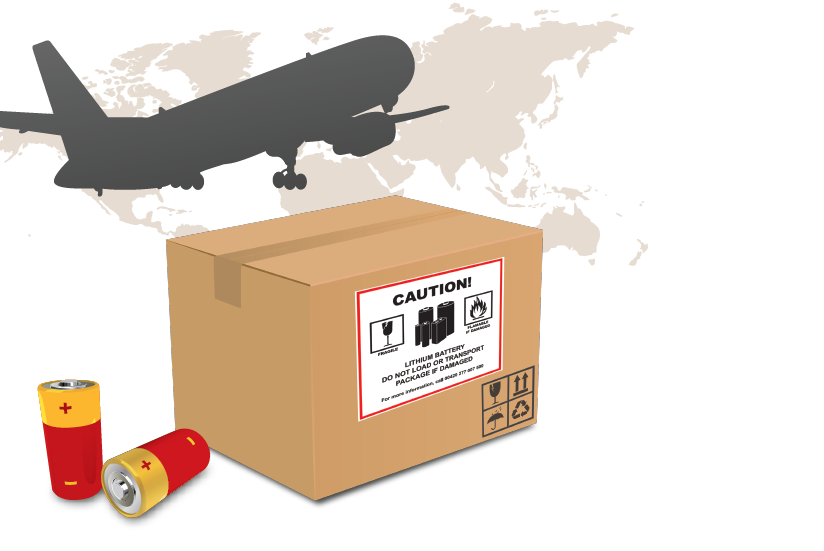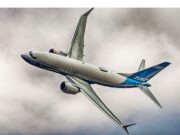
Handling passengers and their luggage at today’s volumes can be challenging enough. But the cargo side of the business is getting more and more complicated because of our technology and hazards that are tough to spot. In September, Amazon was fined for trying to ship lithium-ion batteries and aerosols by air. In ruling in the U.K. case, Judge Michael Grieve said, “In my view, the jury’s verdict reflects a finding of systemic failure, albeit as a result of human error.”
Shipments of lithium-ion batteries have been banned nearly all over the world because of a recently adopted International Civil Aviation Organization standard. As we have suspected at Flight Safety Foundation, this is going to be a tough standard to enforce. Most regulators have made it unlawful for airlines to accept these items, but what if the shipper doesn’t provide you with the information you need so that you can comply with the rule? Well, much like drug and alcohol standards for pilots, there has to be some level of periodic and random screening of the cargo. In the Amazon case, that is exactly what discovered the violations.
But what kind of screening is going to be enough? Regarding drug and alcohol standards, I am pretty sure the pilots know the rules. The random screening hopefully will find those individuals who are unable to live by the rules. In the cargo world, we have many people and organizations that may not know the rules and are just trying to get their materials to a destination. Identifying these hazards isn’t just an effort in trying to find the statistical outliers. Reducing risks here has to be a multi-pronged effort to inform shippers about what is prohibited and to try to find anyone who may have knowingly or unknowingly presented something for shipment that contained prohibited items.
So in this court case, it seems that the ruling is aimed at making an example of bigger shippers that should know the potential shortcomings of their suppliers and have the resources and capability to comply with the regulations. It was good to hear that UPS was part of the screening act that discovered these issues. I am sure that Amazon is no small client of UPS. It would be interesting to hear about the UPS strategy and approach to screening that company officials consider necessary to combat this problem. I am sure it’s far different than typical approaches in a standard safety management system.
Mark Millam is the Foundation’s vice president, technical.



